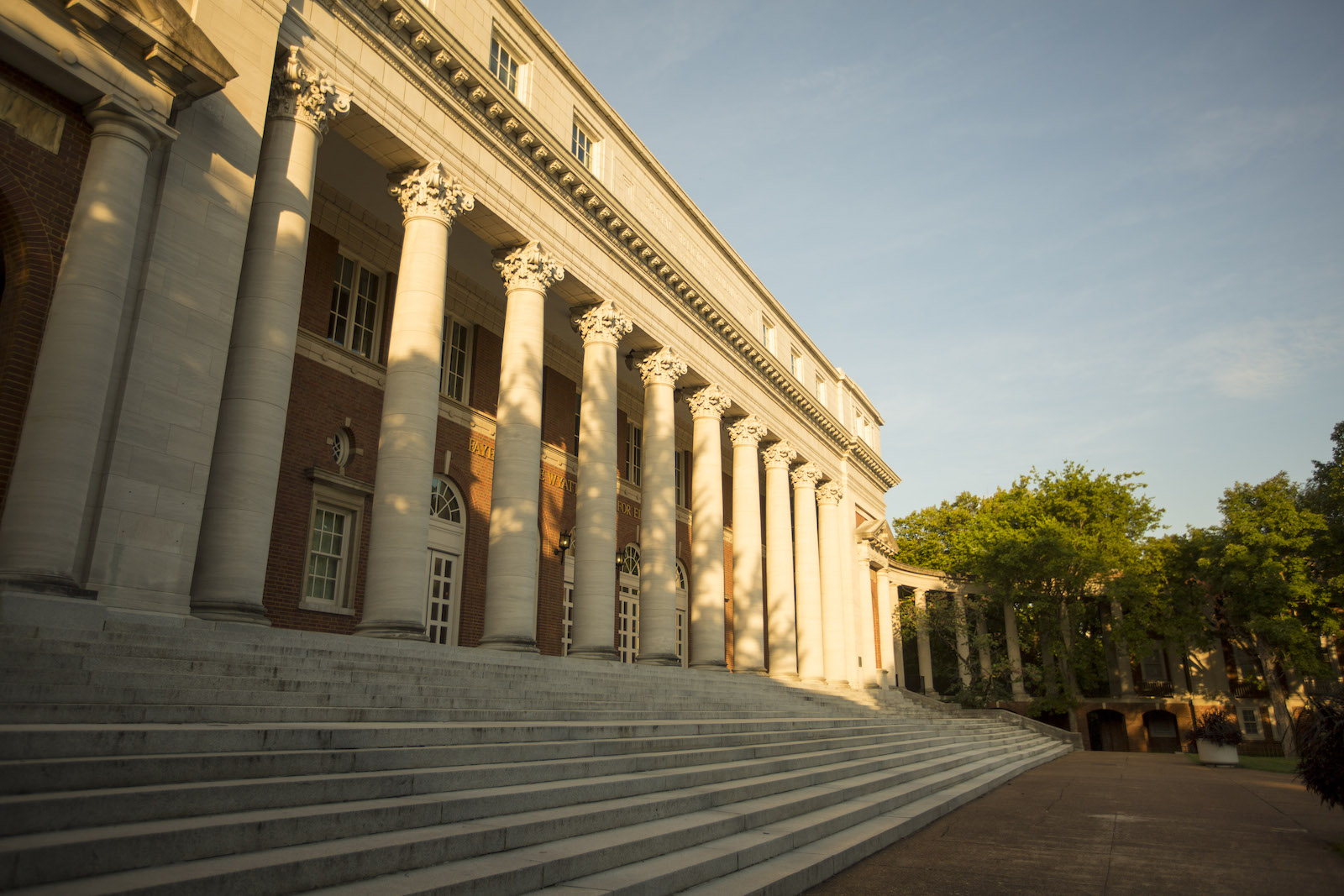Quick links
Program Overview
Secondary Education graduates hold teaching positions in the United States and around the world. They find teaching jobs in public, private, and charter schools-typically the jobs they want, in the places they prefer.
Collaborate with faculty on current research and gain invaluable experience teaching at the middle and high school levels. Specialize in the area you plan to teach in with a 2-year program that includes licensure. Deepen your understanding of subject matter for teaching, focusing on eliciting students' ideas about subject matter and connecting students' ideas to that subject matter, all while partnering with schools.
- Secondary licensure in Grades 6-12
- Social Studies
- Science (biology, chemistry, earth science, physics)
- Mathematics
- English
- Licensure in Grades K-12
- Licensure in Grades preK-12
Careers
Of job-seeking Secondary Education graduates, 96% were employed or attending graduate school within four months of graduation. Examples of careers for program graduates:
- Eighth Grade Science Teacher, Jefferson Middle School, Champaign, Illinois
- English Teacher, Los Gatos High School, Los Gatos, California
- History Teacher, IB School Quito, Ecuador
- Science Teacher, Hume-Fogg High School, Nashville, Tennessee
- Teaching Assistant, Fulbright Western Hemisphere, Buenos Aries, Argentina
Program Facts
Program Director: Rebecca Peterson
Admissions Coordinator: Shawn Blomker
Admission Term: Fall (2-year program)
Credit Hours: 30 hours for those seeking licensure in Music; 33 hours for those seeking licensure in Math, Science, Social Studies, and World Languages; 36 hours for those seeking licensure in English
Key Application Dates
-
Priority Decision 1
January 3*
-
Priority Decision 2
February 3
-
Rolling Decision
After February 3
*For more information on application dates and requirements, and the benefits of Priority Decision, see the How to Apply page.
Program Curriculum
There are two tracks to the Secondary Education degree, allowing you to complete the second year of the master's degree in either a traditional student teaching model or a job-embedded approach. It is the responsibility of students interested in the job-embedded option to secure a teaching placement in a Tennessee public middle or high school that meet Peabody’s criteria of the job-embedded pathway prior to advancing to the second year of the program.
Making your choice between student teaching or the job-embedded pathway is a decision you can make after you have had some field experience in your first year.

